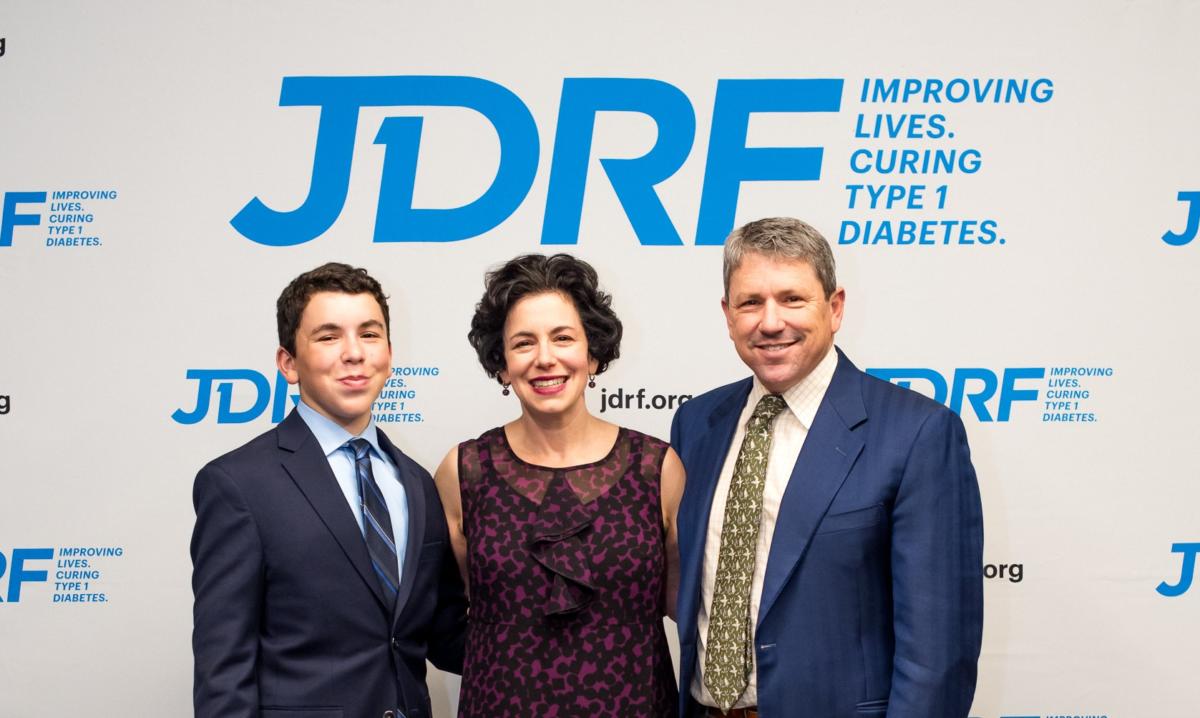These world-class researchers will:
- Develop reliable systems to examine what happens in the autoimmune attack at the cellular and molecular levels, so that we can work to reduce or eliminate these reactions
- Engineer a cell system that reproduces and amplifies the beta cell-to-immune cell interactions so that we can better assess the effectiveness of therapies
- Identify the different subsets of immune cells that target beta cells so that we may apply this knowledge in the development of therapies
- Explore new technologies, such as gene editing, to create beta cells that can evade immune attacks so we can use them in the development of cell therapies

Research Team Leaders

Aaron J. Kowalski, Ph.D., JDRF

David M. Harlan, M.D., UMass Chan Medical School

Sanjoy Dutta, Ph.D., JDRF

Esther Latres, Ph.D., JDRF
Project Teams
Project 1: Creating immunologically inert islets from human stem cells
This group is creating and genetically engineering cells to not be recognized as immune targets by the body. These researchers are modifying the stem-cell derived beta cells using CRISPR and other gene editing methods to identify mutations and targets that will protect people against autoreactivity. They’ll then test these engineered stem cell-derived islets and beta cells in humanized models of T1D described in project two, to ensure they produce insulin and function successfully in vivo.
Project 2: Testing the ability of stem cell-derived islets to induce an immune response in humanized models of T1D
This group is testing the cell populations created in project one, in novel humanized models of T1D, to determine if they evade the immune system as intended. By engrafting cells and tissues from consenting human donors with T1D as part of a clinical study, this group will observe the relationships between the modified stem cell-derived islets and peripheral blood cells obtained from people living with T1D, to study how these people’s own blood, cells, and tissues interact in various situations within a human immune setting.
Project 3: Examining immune cell responses in genetically modified human stem cell islets
This group is analyzing the impact of the modified stem cell derived islets on the immune system. They’re investigating the human cells before and after their experience in the humanized models. Immune cells recovered from engrafted islets will be studied to determine how their function and characteristics have changed. New assays are being utilized to examine the cells on both a functional level, but also looking at RNA transcripts and protein markers following interaction within the humanized models. It must be measured and proven to be safe before proceeding towards clinical trials.
News & Blogs
-
JDRF Announces New Center of Excellence in New England to Advance Type 1 Diabetes Research
Support Our Work
Contact us to help us advance this critical work in curing T1D and improving lives.

